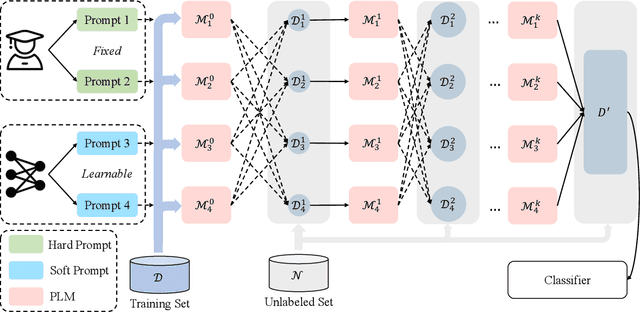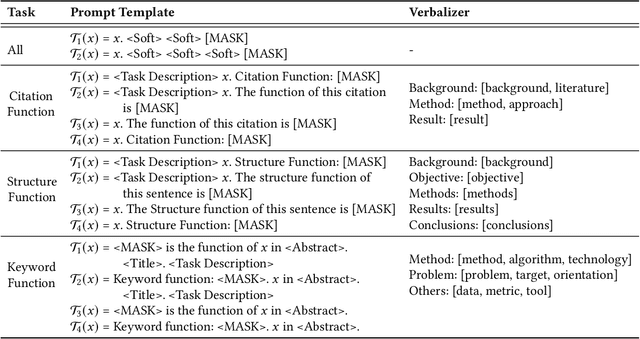Zi Xiong
Enhance Robustness of Language Models Against Variation Attack through Graph Integration
Apr 18, 2024



Abstract:The widespread use of pre-trained language models (PLMs) in natural language processing (NLP) has greatly improved performance outcomes. However, these models' vulnerability to adversarial attacks (e.g., camouflaged hints from drug dealers), particularly in the Chinese language with its rich character diversity/variation and complex structures, hatches vital apprehension. In this study, we propose a novel method, CHinese vAriatioN Graph Enhancement (CHANGE), to increase the robustness of PLMs against character variation attacks in Chinese content. CHANGE presents a novel approach for incorporating a Chinese character variation graph into the PLMs. Through designing different supplementary tasks utilizing the graph structure, CHANGE essentially enhances PLMs' interpretation of adversarially manipulated text. Experiments conducted in a multitude of NLP tasks show that CHANGE outperforms current language models in combating against adversarial attacks and serves as a valuable contribution to robust language model research. These findings contribute to the groundwork on robust language models and highlight the substantial potential of graph-guided pre-training strategies for real-world applications.
Low-Resource Multi-Granularity Academic Function Recognition Based on Multiple Prompt Knowledge
May 05, 2023



Abstract:Fine-tuning pre-trained language models (PLMs), e.g., SciBERT, generally requires large numbers of annotated data to achieve state-of-the-art performance on a range of NLP tasks in the scientific domain. However, obtaining the fine-tune data for scientific NLP task is still challenging and expensive. Inspired by recent advancement in prompt learning, in this paper, we propose the Mix Prompt Tuning (MPT), which is a semi-supervised method to alleviate the dependence on annotated data and improve the performance of multi-granularity academic function recognition tasks with a small number of labeled examples. Specifically, the proposed method provides multi-perspective representations by combining manual prompt templates with automatically learned continuous prompt templates to help the given academic function recognition task take full advantage of knowledge in PLMs. Based on these prompt templates and the fine-tuned PLM, a large number of pseudo labels are assigned to the unlabeled examples. Finally, we fine-tune the PLM using the pseudo training set. We evaluate our method on three academic function recognition tasks of different granularity including the citation function, the abstract sentence function, and the keyword function, with datasets from computer science domain and biomedical domain. Extensive experiments demonstrate the effectiveness of our method and statistically significant improvements against strong baselines. In particular, it achieves an average increase of 5% in Macro-F1 score compared with fine-tuning, and 6% in Macro-F1 score compared with other semi-supervised method under low-resource settings. In addition, MPT is a general method that can be easily applied to other low-resource scientific classification tasks.
 Add to Chrome
Add to Chrome Add to Firefox
Add to Firefox Add to Edge
Add to Edge